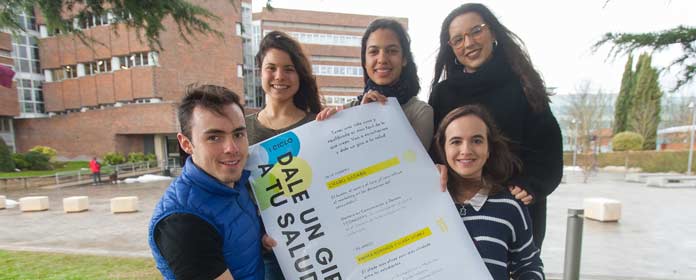- Estudios
- Admisión y Ayudas
- Investigación
-
Facultades y Escuelas
-
Centros, institutos, departamentos y cátedras
-
Arquitectura
-
Ciencias
-
Comunicación
-
Derecho
-
Derecho Canónico
-
Eclesiástica de Filosofía
-
Económicas y Empresariales
-
Educación y Psicología
-
Enfermería
-
Farmacia y Nutrición
-
Filosofía y Letras
-
IESE Business School
-
ISEM Fashion Business School
-
ISSA School of Applied Management
-
Medicina
-
Tecnun. Escuela de Ingeniería
-
Teología
- Conoce la universidad
- Vida universitaria
- Noticias y eventos

